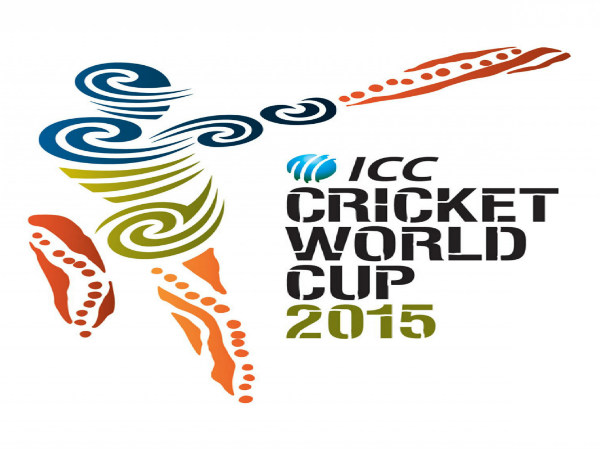Melbourne, Feb 15: It was a controversial end to Australia-England match on the opening day of ICC World Cup 2015 at Melbourne Cricket Ground (MCG) on Saturday (February 14).
; World Cup Special
Match officials made an error in giving James Anderson run out as England crashed to 111-run defeat against the co-hosts. And International Cricket Council (ICC) has admitted that the umpires had erred.

The incident happened in the 42nd over (last of the match) of England innings. Anderson's controversial decision ended the game and James Taylor was stranded on 98.
On the 5th ball of the 42nd over, Taylor was given out LBW by Pakistan umpire Aleem Dar, off Josh Hazlewood's bowling. However, the batsman reviewed the decision. After watching the replays, third umpire Billy Bowden (New Zealand) reversed the verdict as the ball was missing leg stump.
However, Taylor and Anderson had attempted to take a legbye and Glenn Maxwell's direct hit had caught Anderson short of crease. Following the reversal of LBW decision, Australians appealed for run out and the other on-field umpire Kumar Dharmasena (Sri Lanka) gave it out after consulting Bowden. Both Dar and Dharmasena have won ICC Umpire of the Year awards and much was expected from them to know the rules.
This left England fans furious as once the Decision Review System (DRS) is used, the ball becomes "dead". And Anderson should not have been given run out. Match officials failed to go by the rule book and erred.
After this, a statement from ICC said, "Following Australia's 111-run victory over England in the Group A ICC Cricket World Cup clash at Melbourne Cricket Ground on Saturday night, the Playing Control Team (PCT) met and reviewed the final ball of the game which resulted in James Anderson being given run out.
"Article 3.6a of Appendix 6 of the Decision Review System (DRS) Playing Conditions states that the ball should have been deemed dead when the batsman (James Taylor) was given out leg before wicket (lbw). No further runs or dismissals were possible.
"The PCT spoke to the England team management and acknowledges that the game ended incorrectly and an error was made."

It is worth recalling that Dar was one of the umpires in 2007 World Cup final in the West Indies when Australia and Sri Lanka were forced to finish the match in near darkness even though 20 overs were completed in the second innings which constitutes a game.
Back then, New Zealander Jeff Crowe was the match referee and here too at MCG he was in the same role. Joel Wilson (West Indies) was the fourth umpire in Melbourne.
ICC had acted in 2007 and had suspended Dar, Crowe and also Bowden (4th umpire in the WC final) for World T20 same year.
Now, it remains to be seen whether similar action will be taken.
Here is what ICC Playing Conditions say when DRS is used
"3.6 Dead ball
a) If following a Player Review request, an original decision of 'Out' is changed to 'Not Out', then the ball is still deemed to have become dead when the original decision was made (as per Law 23.1(a)(iii)). The batting side, while benefiting from the reversal of the dismissal, will not benefit from any runs that may
subsequently have accrued from the delivery had the on-field umpire originally made a 'Not Out' decision, other than any No Balls penalty that could arise under 3.3 (g) above.
b) If an original decision of 'Not Out' is changed to 'Out', the ball will retrospectively be deemed to have become dead from the moment of the dismissal event. All subsequent events, including any runs scored, are ignored."
OneIndia News


 Click it and Unblock the Notifications
Click it and Unblock the Notifications























